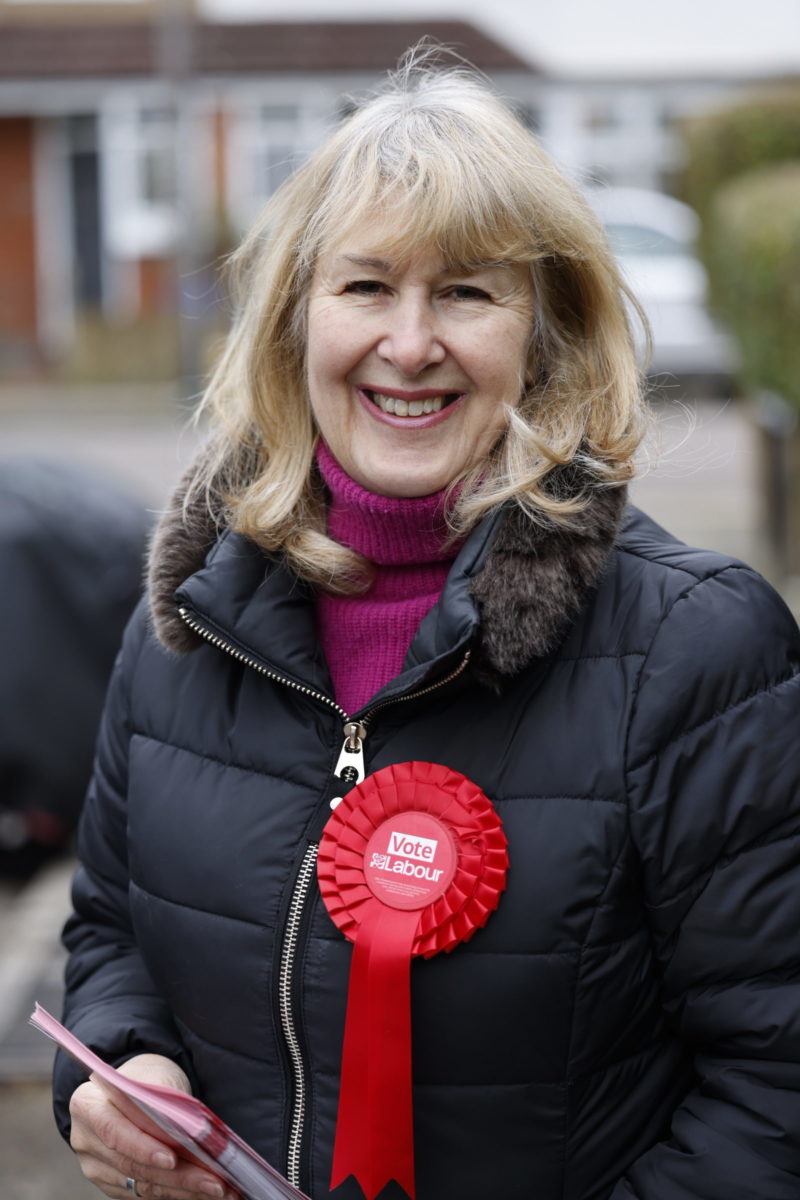Richmond Park CLP Richmond Park Constituency Labour Party
PRESS RELEASE
Households in Richmond upon Thames are facing a bleak choice between heating
and eating a few days out from the April energy price cap rise.
April’s increase, which will see energy costs surge by 54%, will bring the energy price
cap to just under £2,000 – increasing the average household bill by around £700 per
year.
Labour analysis has also revealed that 4.1% of households in Richmond upon
Thames have pre-payment electricity meters.
While thousands of households across Richmond upon Thames will feel the impact
keenly, those on low incomes – often reliant on pre-payment meters – are expected to
be hardest hit, facing a steeper average increase than those paying their energy bills
via direct debit.
Fuel poverty in Richmond upon Thames is expected to soar in the next month,
with 10.6% of households already in fuel poverty (using the Low-Income Low Energy
Efficiency definition*).
With Ofgem expected to increase the price cap again in October, since the start of the
year the Labour Party has been calling for a comprehensive £6.6billion package of
relief measures to help support working families. This would include an immediate cut
to VAT on energy bills and a windfall tax on North Sea Oil and Gas companies as well
as an extension on the warm homes discount. This would save households between
£200 to £600 per year.
Labour has also revealed its ‘green sprint’ for energy security to rapidly reduce our
dependence on foreign energy. The plan would see major investment in a sustainable
future by funding the insulation of 19 million homes, increasing offshore and onshore
wind capacity, and investing in solar, tidal, hydrogen and nuclear energy.
Meanwhile the Conservative Government has offered households a paltry £200 loan
to offset costs which will ultimately be repayable over the course of five years and the
Chancellor’s mini-budget last week has done nothing to offset the cost-of-living crisis
faced by millions of Londoners.
The Mayor of London, Sadiq Khan, said: “For months now, Londoners have been
telling me agonising stories about the sacrifices they’ve been forced to make including
deciding whether to cook a meal or whether to heat their home.
“The story is the same up and down the country and the Government’s response? A
dodgy loan that no one asked for.
“Labour has a comprehensive strategy to bring costs down and ensure our ongoing
energy security through investment in renewables.
“The nation is in crisis and this government has run out of ideas but on May 5 you
have the chance to send Boris Johnson the message that enough is enough.”
Mortlake and Barnes Common Ward Labour Candidate, Deborah Genders said:
“Parents skipping meals, so their children don’t have to go hungry. Families struggling
to make ends meet on the very basics – buying their children school uniforms and new
shoes. Older Londoners thinking twice about putting on the heating because they’re
worried sick about the rising costs.
With 4.1% of households in Richmond upon Thames on pre-payment electricity
meters and 10.6% of households already in fuel poverty I’m gravely concerned”.
Ends
Notes to editors
*Using the Low-Income Low Energy Efficiency (LILEE) definition of fuel poor – a
household is fuel poor if it:
(1) Has a residual income below the poverty line (after accounting for required fuel
costs) and;
(2) the home has an energy efficiency rating below Band C

